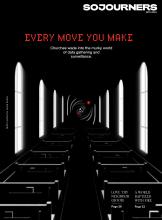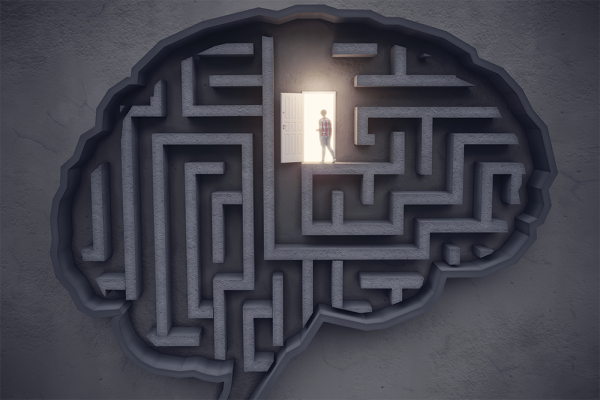FOR 30 YEARS, I held an uncompromising conviction that abortion was murder. I preached against “child-killing,” suffered multiple arrests for blockading clinics, and had pro-choice groups successfully sue me. I led a national anti-abortion organization and directed the only large-scale annual pro-life event held in the U.S. Capitol. I personally appealed to Supreme Court justices to overturn Roe v. Wade.
Today, I no longer have these positions, and I did not applaud the recent reversal of Roe. I remain an evangelical by belief, but I now call myself a “pro-choice pro-lifer.” I have concluded that legislators and judges are not the people to try to resolve this complex, moral, social, and health-related question. Even among religions, there is no consensus on what constitutes permissible or impermissible abortion. Moreover, each woman’s experience with pregnancy is unique. Therefore, there can be no universal mandate forcing her to continue her pregnancy.
My transformation from an absolute to a nuanced position on abortion proceeded slowly and fitfully. Many exasperated old pro-life movement friends ask, “Whatever happened to you?” The short answer: empathetic listening. There came a moment when I realized I was doing all the talking and no listening on this subject. For nearly three decades, I had lived isolated in a fantasy where I presumed everything would work how it was supposed to, so I questioned nothing. In this fictitious pro-life world, all a woman in an unwelcomed pregnancy needed was to call out for help. In response, pro-life people would instantly help her, offering free housing, parenting supplies, medical care, babysitting, and, should she so choose, adoption. “With so much support,” I asked my audiences rhetorically, “why would anyone choose abortion?” I didn’t want answers.
Read the Full Article

